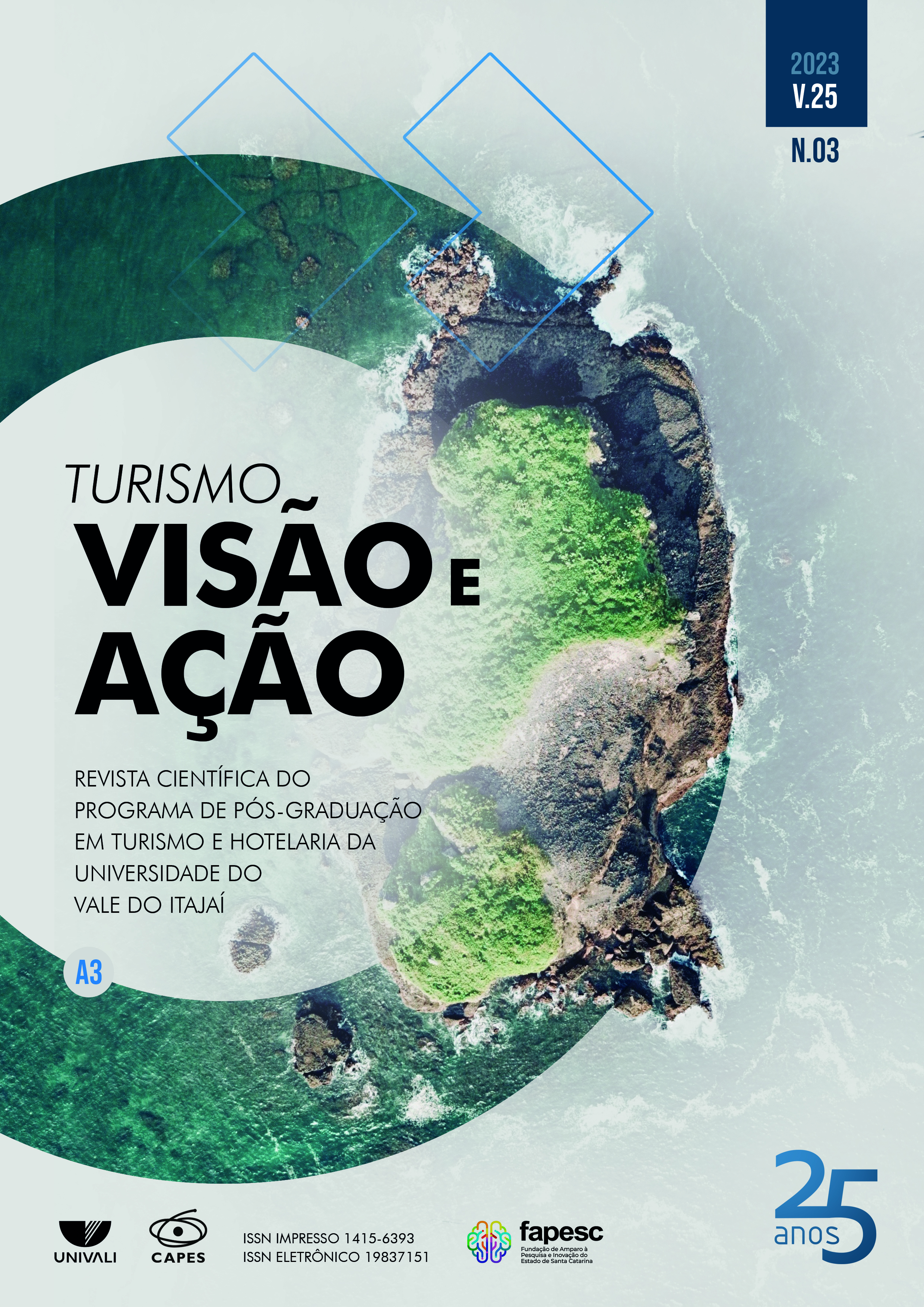Shaded coffee from Serra de Baturité, Ceará, Northeastern Brazil: environmental management, sustainability and eco-socioeconomic impacts
DOI:
https://doi.org/10.14210/rtva.v25n3.p482-504Keywords:
Coffee growing, Environmental preservation, Sustainable development, TourismAbstract
The shaded coffee from Serra de Baturité, one of the few plantations in Brazil that integrates crop-forestry, is configured as an antithesis to the predominant agricultural model in our country, in monoculture. Known as “coffee from Baturité”, it is appreciated because it originates from the typical variety of the Arabica species (Coffea arabica) shaded, with production carried out by small rural family producers in a natural and artisanal way. Given this scenario, this article aims to verify the impact of the revitalization of the shaded coffee culture in the Baturité mountain range from initiatives aimed at tourism, environmental preservation and regional socioeconomic development. The methodological procedure adopted includes a bibliographical study, participant observation and semi-structured interviews with key sources. For that, the information was catalogued, analyzed and confronted, through data triangulation. The results show that coffee growing, inserted in the region two centuries ago (1822-2022), is in a revitalization phase. This revaluation of cultivation, now with empirical and technical knowledge, has contributed to minimize the anthropic impact on mountain farming practices, to expand socio-environmental management on rural properties (where coffee has become a vector of sustainable development) and to foster the regional economy, as can be seen from actions aimed at ecotourism, rural entrepreneurship, and the circular economy.
Downloads
Downloads
Published
How to Cite
Issue
Section
License
Copyright (c) 2023 Turismo: Visão e Ação

This work is licensed under a Creative Commons Attribution 4.0 International License.












